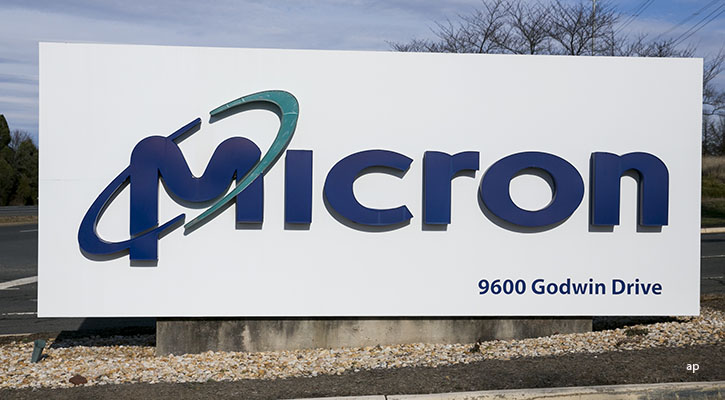One of the challenges we set our analyst team is to identify funds and managers who could become staples for investors in the future. Special situations is one of the areas in which investor interest is high because there have been a number of very successful funds managed by outstanding fund managers. Names such as Anthony Bolton, Richard Plackett, Alastair Mundy, Derek Stuart and Tom Dobell (although M&G calls its special situations “recovery”) roll off for these reasons. They also represent a tough peer group against which to pitch one’s wares. The common feature of a special situations approach is that they are all different, both from the market and each other.
One such fund taking our interest is the Liontrust Special Situations fund, managed by Anthony Cross and Julian Fosh. Anthony is well known for his smaller companies investing based on the “Cross Report”, originally published in 1997 before being revised and updated in 2005. Julian joined Liontrust in 2008 after having worked in a variety of thoughtful and successful investment teams including Scottish Amicable in the 1980s and more recently alongside Jim Fisher at Saracen. Their philosophy draws upon Anthony’s earlier work and their combined experience, and believes that the secret to successful investing is to identify companies that have a durable “Economic Advantage”. That is that companies that have intellectual property, strong distribution channels and significant recurring business should enable them to stay more profitable for longer.
The managers identify investment opportunities by two criteria, which they believe are the key to making some companies successful and others less so. The first is the strength, sustainability and exploitation of a company's intellectual capital, which they describe as its intangible asset base. It includes customer relationships, contracts and repeat business, distribution networks, intellectual property and organisational strengths, for example people, culture and processes. They believe that these are difficult to replicate and therefore help to maintain profitability in an otherwise competitive world. The second is how key employees, who create this intellectual capital, are motivated and retained, with the preference being through direct ownership of the company’s equity. Not only are such people motivated in line with shareholders, they tend to use a more conservative approach in managing the business.
One of the main differences to other approaches is the fund has a significant bias to small- and micro-cap stocks, currently running at 40% of the portfolio. This is largely at the expense of large companies, although the fund does have significant holdings in some big stocks, for example AstraZeneca (AZN), GlaxoSmithKline (GSK) and BG Group (BG.). There are no constraints by sector. The emphasis is on companies who are “special” in that they have distinctive, intangible strengths, rather than companies who are necessarily in a “special situation”. Investors should expect low turnover in the portfolio because the managers have a genuine long-term approach.
The fund has performed well in recent times and the managers have undoubtedly benefitted from it being small; it will be interesting to see if it can maintain its success as it grows. The fund’s assets have grown from £20 million last year to some £130 million now. Early portents are good. That they can add value in the smaller companies is not in doubt. Many special situations managers look to identify growth stories under-appreciated by the market. For fund buyers this fund may be a similar story.
This article was first published in Investment Adviser.






















